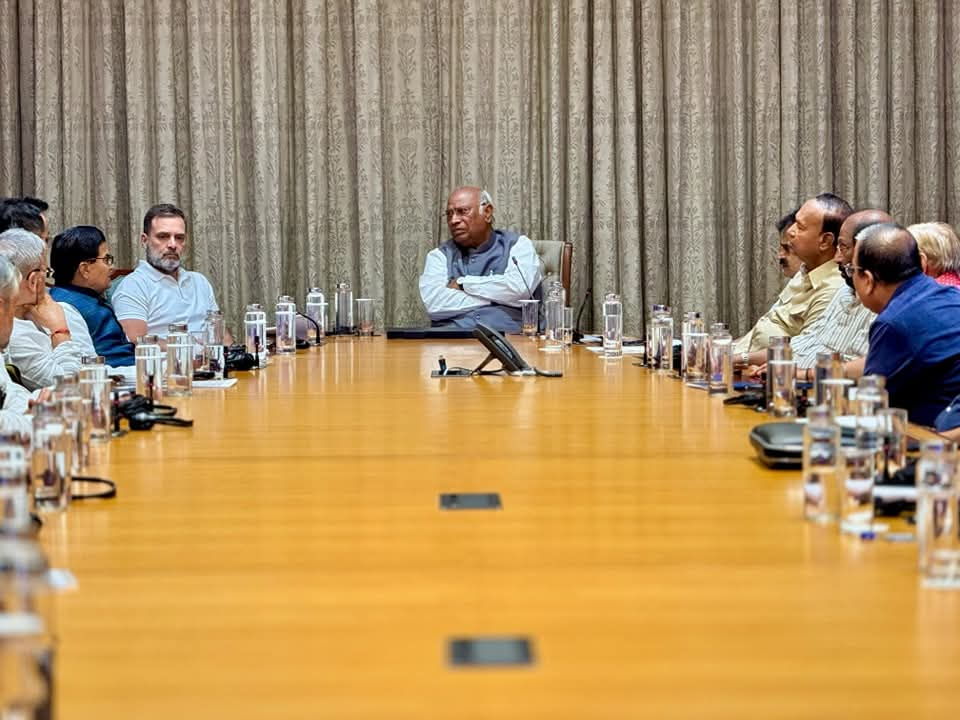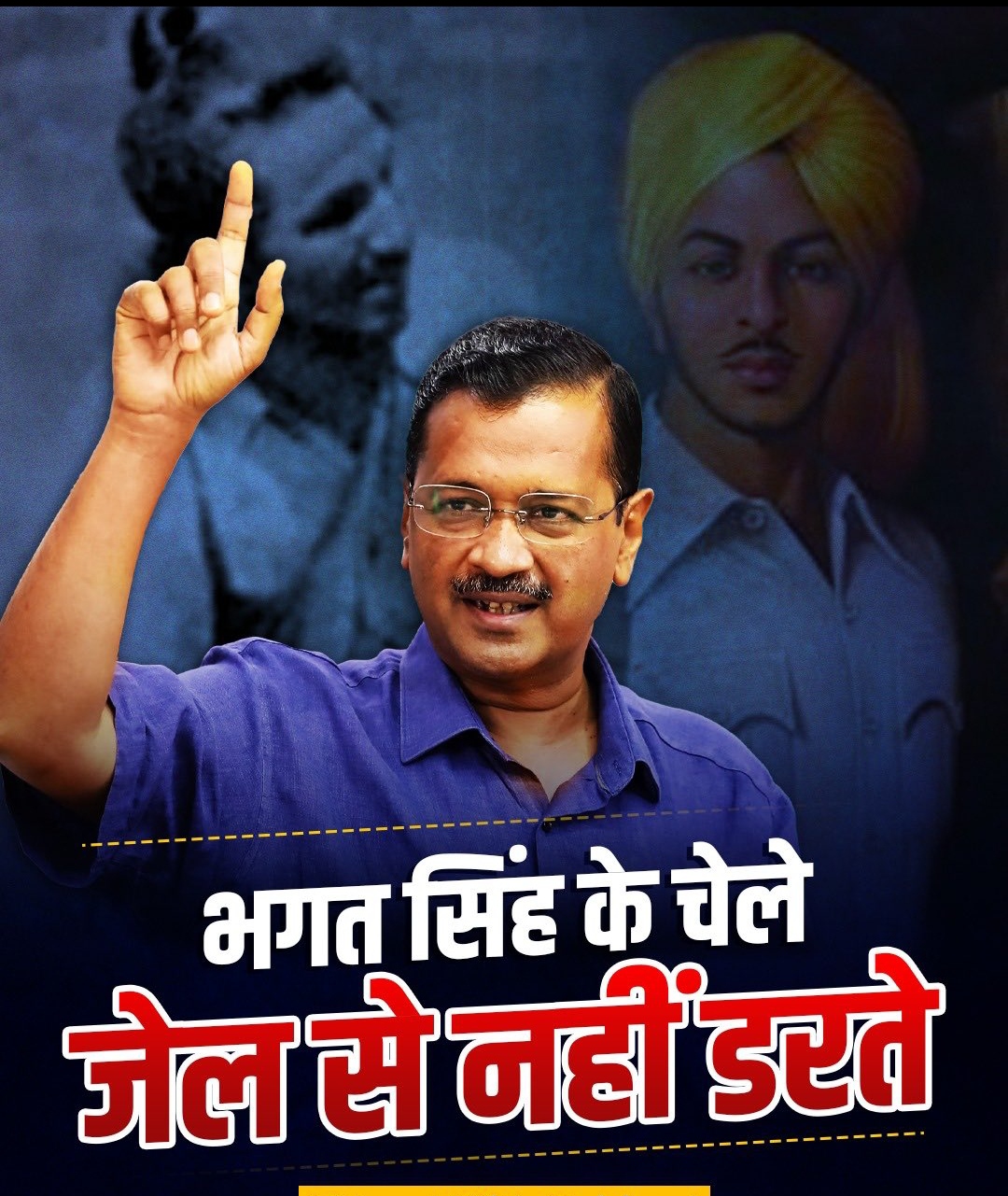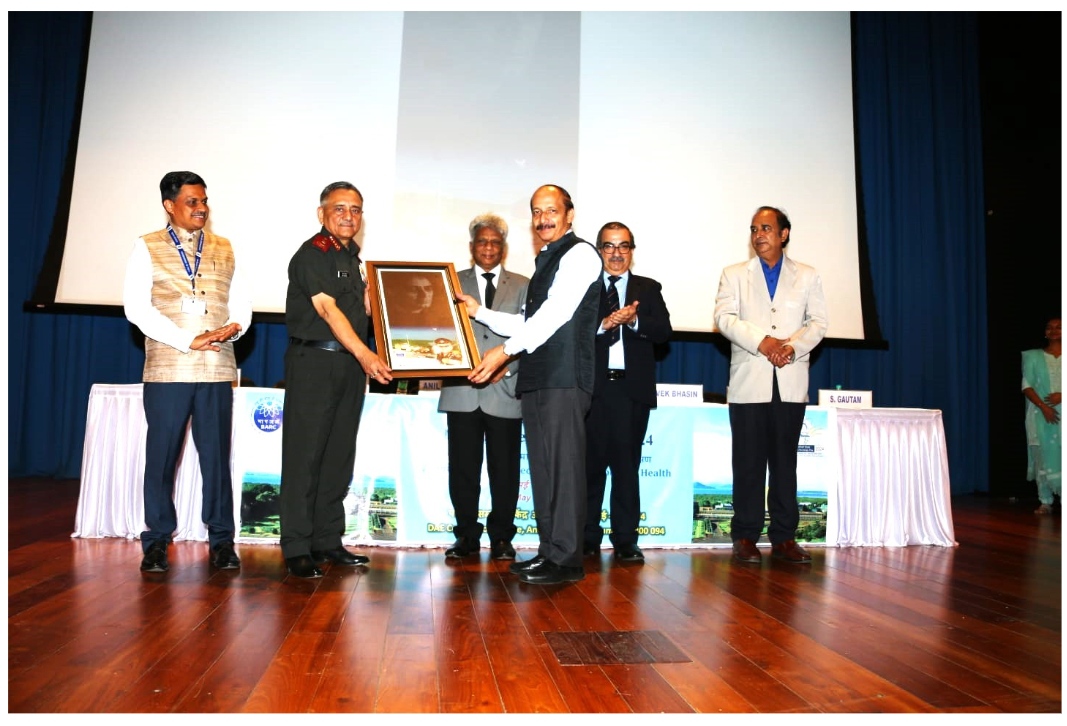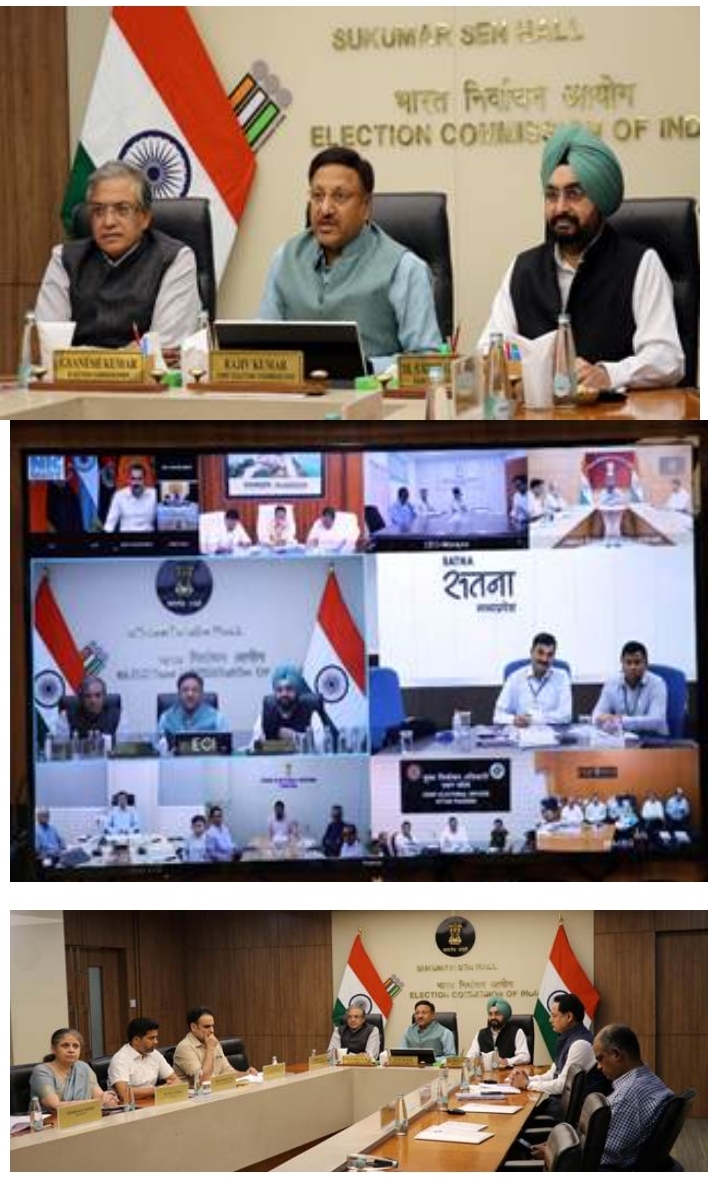Opposition Parties Slam Waqf Properties Bill, Call It Unconstitutional.
New Delhi:.
Opposition parties in India have strongly criticized the government’s proposed Waqf Properties Bill, labeling it unconstitutional and discriminatory towards the Muslim community. The bill, aimed at improving the management of Waqf properties, has sparked widespread protests, with opposition leaders accusing the government of undermining constitutional values.
During a recent meeting of the opposition bloc, INDIA (Indian National Development Inclusive Alliance), senior leaders discussed their strategy against the bill. Prominent figures such as Congress leaders Rahul Gandhi, Mallikarjun Kharge, and KC Venugopal, Samajwadi Party’s Ram Gopal Yadav, NCP’s Supriya Sule, TMC’s Kalyan Banerjee, and AAP’s Sanjay Singh were present, alongside leaders from DMK, RJD, CPI-M, and other regional parties.
The bill seeks to bring transparency and efficiency in the administration of Waqf properties by centralizing their management. However, opposition leaders argue that this could lead to political interference in religious matters and harm the autonomy of Muslim institutions. They also assert that it targets the Muslim community by stripping them of their rights over religious and charitable assets.
Congress General Secretary KC Venugopal called the bill “targeted legislation,” claiming it is a violation of constitutional rights. “This is a clear-cut violation of the Constitution. People who believe in the Constitution will definitely oppose it,” he said, emphasizing the need to protect constitutional values of equality and secularism.
In a scathing attack, Gogoi, an opposition leader, accused the government of preventing meaningful debate on the bill, alleging that the ruling party had “bulldozed” its agenda. He claimed the opposition had no space to voice concerns in the Business Advisory Committee (BAC) meeting and was forced to walk out.
The government, however, has defended the bill, arguing that it aims to improve the management of Waqf properties by making the system more transparent. Union ministers assert that the reform will ensure better utilization of assets for public benefit.
Despite government assurances, the opposition remains firm in its stance, vowing to vote against the bill.




